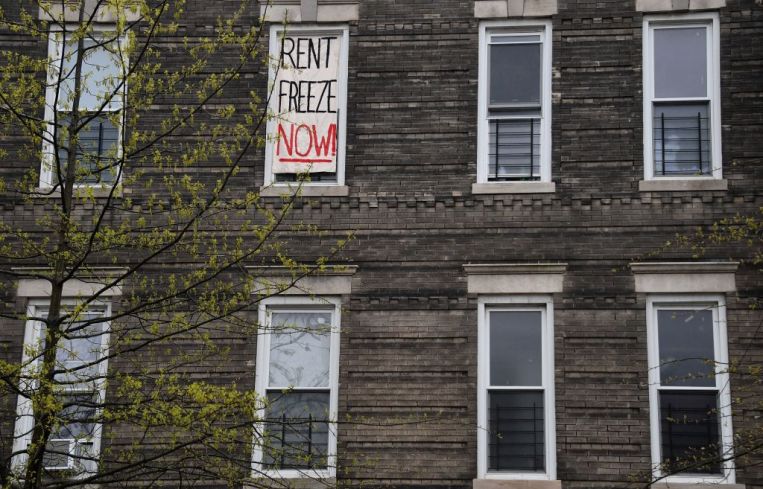NYC Board May Freeze Rents Again for Rent-Stabilized Apartments
By Celia Young May 6, 2021 11:41 am
reprints
New York City’s Rent Guidelines Board signaled it may again freeze rents for some rent-stabilized apartments on Wednesday, which would essentially extend the freeze approved last summer, saving tenants some much-needed cash but hurting landlords after the pandemic crushed the rental market.
The board — which sets rents for around 1.2 million New York City rent-stabilized apartments — will make its final decision in June, to take effect in October, The New York Times first reported.
In a preliminary vote, the panel decided by a 5 to 4 margin to consider letting property owners raise rents for one-year leases up to 2 percent, or keep them the same. For two-year leases, rents could rise 1 to 3 percent.
Tenant groups have lobbied for a rent reduction, something the Rent Guidelines Board has never adopted in 52 years of operation. A proposal for a 3 percent reduction in rents for one-year leases failed by a vote of 7 to 2, the Times reported.
The Real Estate Board of New York and other landlord groups have called for increases of 3 to 5 percent on one-year leases, saying it is necessary to pay rising property taxes and maintain buildings. REBNY says it would match a 3 percent rise in landlord expenses during the last year, and, if approved, the 3 to 5 percent increase would be the biggest jump since 2014.
“The Rent Guidelines Board must take responsibility for providing rent increases that allow for maintenance of quality housing for millions of New Yorkers and its final vote should reflect that reality,” REBNY President James Whelan said in a statement. “Failing to do so would only further punish owners under a broken system that places the role of subsidizing housing, regardless of individual tenant need, wholly on the private sector.”
If the rent freeze is approved, it would be the fourth in seven years for New York City — one of the most expensive housing markets in the United States. Market-based rentals would not be affected by the decision.
Tenants struggling to pay rent during the pandemic, when unemployment reached sky-high levels of 17.9 percent in the second quarter of 2020 and 14.9 percent in the first quarter of 2021, can also look to the state for assistance.
The state Legislature approved a $2.4 billion rental assistance program to help tenants cover unpaid utility bills and a year’s worth of back rent, and extended an eviction moratorium for residential and commercial renters until Aug. 31, the Times reported. Tenants can start applying for the rental assistance program later this month.



